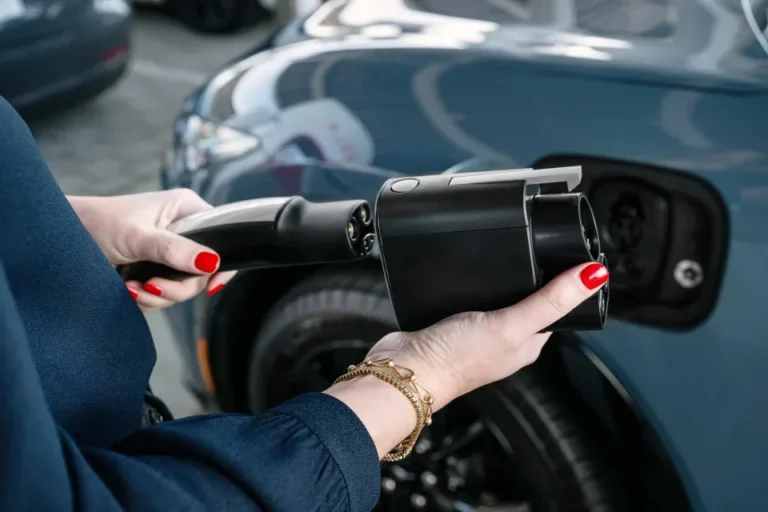Automakers will replace them at no cost to the customer.
Despite the fact that Ford has previously provided its customers with free NACS adapters for Tesla’s Superchargers, the company is now advising its customers to avoid using these adapters, as stated in a service advisory that was discovered by InsideEVs. According to what the business noted, the reason that was given is a “potential issue” that has the ability to slow down charging speeds over time and even cause damage to charging ports.
The manufacturer of automobiles will send a replacement adapter “in the coming weeks” and will need customers to send back the adapter that they now have, both of which will be free of charge. “It is imperative that we receive all adapters affected to reduce the risk of potential vehicle damage,” according to the announcement.
Owners of Ford electric vehicles in Canada and the United States were given permission to use Superchargers earlier this year, following the signing of an electric vehicle charging agreement with Tesla in May of 2023. The deadline for a free adaptor was originally set for June 2024; however, after experiencing repeated delays as a result of problems with the supplier, the deadline was extended until September 30. It is possible that the deadline will be further delayed as a result of this most recent difficulty.
Ford electric vehicles are equipped with North American standard CCS connections, which are converted into Tesla’s unique NACS cables via the adapters. Although many of the other businesses that signed deals with Tesla supplied adapters that were comparable to Tesla’s, many of them will permanently adopt the NACS standard for future vehicles. These companies include Nissan, Rivian, General Motors, Subaru, and many others. In the year 2025, Ford intends to accomplish the transition on its own.
The creation of a NACS adaptor is not as simple as simply switching the pins around. This is because the most recent V4 Superchargers are rated for 250 kW and 615 A, which is sufficient to power numerous homes individually. Tesla filed a lawsuit against the manufacturer of a low-cost NACS adaptor earlier this year, claiming that the product might result in “catastrophic” damage.

